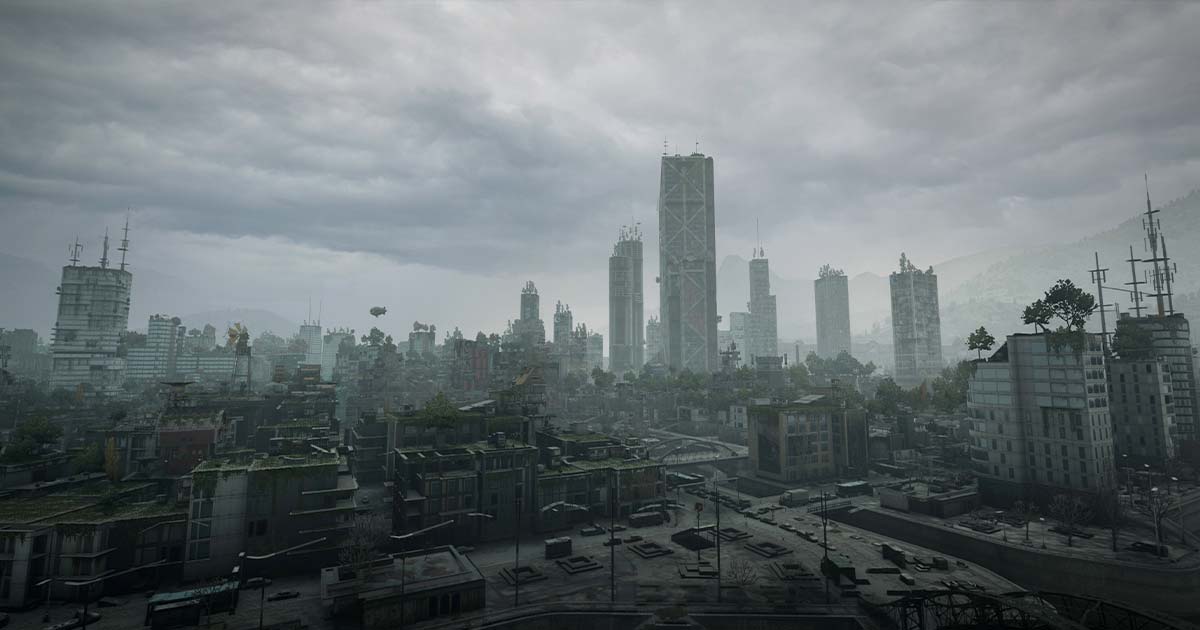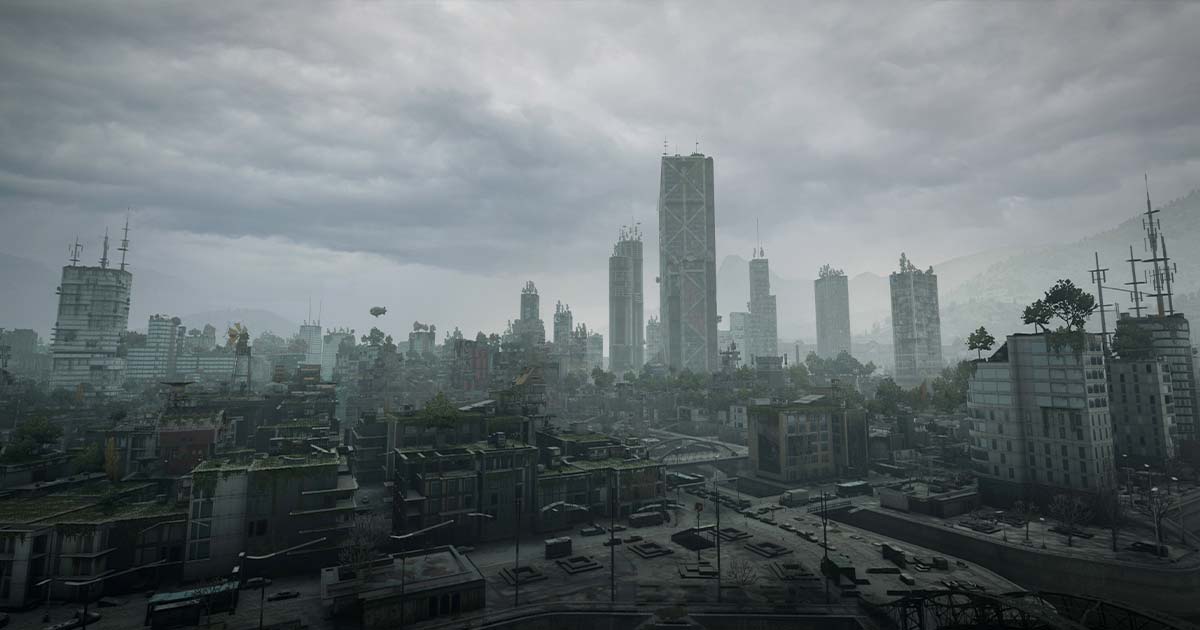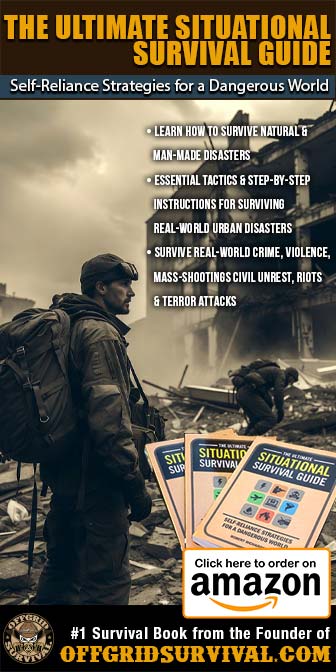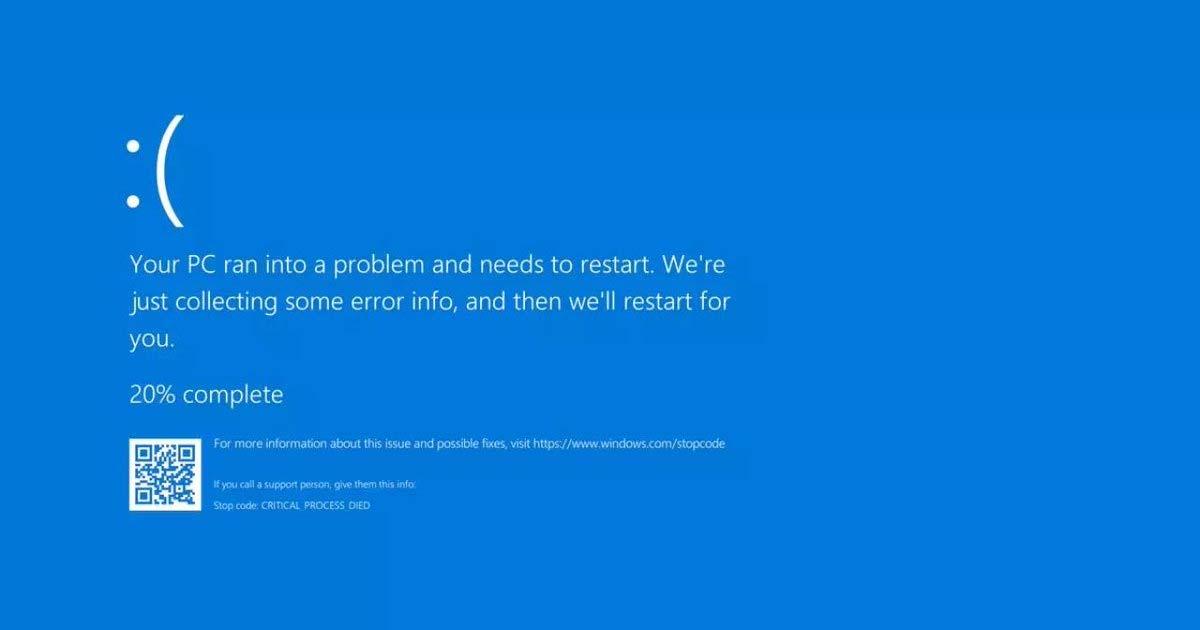
This morning, I read an article from the AP that confirms what we’ve been warning about for years: the rise of ‘zombie’ companies is a clear signal of big trouble ahead. Known as “zombie companies,” these businesses are drowning in debt, barely surviving, and struggling to cover even the interest on their loans.
A recent Associated Press analysis has found that the number of these financially crippled companies has skyrocketed to nearly 7,000 worldwide, with 2,000 in the United States alone. This trend underscores the potential for widespread economic disruption and serves as yet another sign of big trouble ahead.
The Rise of Zombie Companies and the Retail Apocalypse!
Zombie companies are defined as businesses that haven’t generated enough revenue to cover their interest payments over the past three years. This surge can be attributed to a decade of cheap debt, followed by stubbornly high inflation that has driven borrowing costs to levels not seen in years. The analysis reveals that the number of these financially distressed firms has increased by over 30% in several major economies, including the U.S., Australia, Canada, Japan, South Korea, and the United Kingdom.
Retail stores are being shut down at a staggering rate all over the country. If we stay on the pace that we are on, the total number of stores closed in 2024 will be nearly 40 percent higher than the total number of stores closed in 2023. That is what you call a crisis! Meanwhile, banks are shuttering hundreds of branches from coast to coast, and a “restaurant apocalypse” is sweeping across the nation. Everywhere around us, “space available” signs are going up on buildings that were once considered to be prime commercial real estate. If someone tries to convince you that the U.S. economy is in good shape, just show them this article and ask them why so many once prosperous businesses are closing. Needless to say, they will not be able to win the argument after that.
According to the Daily Mail, nearly 2,600 store closings were announced during the first four months of 2024. Big names including Macy’s, Walmart, Walgreens, Foot Locker, and 7-Eleven have all said they are closing shops. But discount stores like Family Dollar and the bankrupt 99 Cents Only have been worst hit, as have drugstores like CVS and Rite Aid.
If this pace remains constant throughout the rest of this year, we could hit approximately 7,800 store closing announcements by the end of 2024. This is not just a blip on the radar; it’s a clear indicator that our economy is in serious trouble.
A Financial Reckoning on the Horizon?
Many of these zombie companies are on the brink of a financial reckoning. Hundreds of billions of dollars in loans are coming due, and these companies may not have the means to repay them. Robert Spivey, Managing Director of Valens Securities, warns that the weakest of these companies are likely to be “crushed” under the weight of their debt.
The number of U.S. companies filing for bankruptcy has hit a 14-year high, a surge typically seen during a recession, not an economic expansion. The situation is similarly dire in other countries, with corporate bankruptcies reaching near-decade highs in Canada, the U.K., France, and Spain.
The Real Cost to You and Me…
The potential collapse of these zombie companies is not just a financial issue—it has real-world implications for hard working people. These companies employ around 130 million people across a dozen countries. A wave of bankruptcies could lead to massive layoffs, further straining already struggling economies. It’s not just a financial issue—it’s a looming economic disaster that could lead to widespread layoffs and social unrest.
Communities will also suffer as local businesses dependent on these companies’ employees see a decline in customers and revenue. The ripple effect of these closures can lead to further bankruptcies and a reduction in essential public services funded by local taxes. The psychological toll on people and families, combined with potential increases in crime and social unrest, highlights the urgent need for preparedness. At OFFGRID Survival, we emphasize staying informed and taking proactive steps to protect yourself and your loved ones from the looming economic disaster.
Wall Street’s Dangerous Gamble
Despite the glaring red flags, Wall Street investors are recklessly throwing money at zombie companies, snapping up their stocks and “junk bonds” like there’s no tomorrow. “”These motherfuckers are playing with fire, gambling with massive risks, and turning a blind eye to the ticking time bombs they’re fueling,” one stock market insider told u
This influx of cash might give these failing businesses a temporary lifeline, but it’s just a band-aid on a gaping wound. The insider at a big investment research group, slams this unprecedented level of public market gambling as sheer madness. These reckless actions ignore the deep-rooted financial instability of zombie companies, setting us all up for an inevitable and catastrophic collapse.
Central Banks’ Role in Creating Zombies
The roots of this zombie epidemic can be traced back to the actions of central banks during the 2009 financial crisis and the 2020-21 pandemic. In an effort to push off economic collapse, central banks slashed interest rates to near zero, encouraging a borrowing binge. While this strategy may have averted a global depression, it also created a credit bubble that has now spread far beyond just zombie companies. Governments, consumers, and even healthier companies have all piled on debt.
Rising Interest Rates: A Death Blow
The biggest problem facing zombie companies today is rising interest rates. Unlike more robust companies, zombies often lack deep cash reserves, and many of their loans have variable interest rates. As rates increase, so do their interest payments, exacerbating their financial struggles. Much of the debt accumulated by zombies was not used for growth or innovation but for stock buybacks, which have drained their cash reserves and left them vulnerable.
Bed Bath & Beyond: A Cautionary Tale
One example is Bed Bath & Beyond. The retail chain, once a thriving business with 1,500 stores, spent a decade accumulating debt and $7 billion on stock buybacks, even as it struggled to transition to digital sales. This strategy, combined with generous executive pay packages, ultimately led to its downfall and the loss of tens of thousands of jobs.
JetBlue and Manchester United: Industry Struggles
The airline industry has also been hit hard. JetBlue, for instance, doubled its debt over the past decade and spent hundreds of millions on stock buybacks. As a result, it has not made enough in pre-tax earnings to cover its $717 million in interest payments over the past four years. Meanwhile, in the UK, Manchester United’s financial woes provide another cautionary tale. The Glazer family, who own the Premier League team, loaded it with debt in 2005 and have since extracted hundreds of millions in dividends, while the club’s stadium has fallen into disrepair.
The Broader Economic Impact
The collapse of zombie companies could have far-reaching effects, especially if multiple companies fail simultaneously. This scenario could trigger a domino effect, dragging down more stable businesses and leading to broader economic instability. With governments, consumers, and even healthier companies also heavily indebted, the potential for a widespread financial crisis looms large.
The Shoplifting Tsunami: A National Crisis

We’re in the middle of a shoplifting tsunami that’s forcing major retailers to shut down locations in cities across the country. What used to shock us—videos of brazen looters—has become so common that we hardly notice anymore. It’s a sad sign of the times, and even our politicians seem indifferent, maybe thinking the big retailers can absorb the losses. But they’re wrong. CEOs are sounding the alarm.
Over the past year, executives from Walmart, Target, and Home Depot have been vocal about the rampant theft plaguing their stores. Walmart’s CEO warned that it could lead to store closures and higher prices. Target’s CEO said theft is costing them over a billion dollars. Home Depot’s finance chief called it a “consistent pressure” they deal with every day. This “shrink,” or inventory loss, is now costing retailers more than $100 billion a year. In New York City alone, over 21,000 shoplifting complaints have been filed this year, a 5% increase from last year. The numbers have been steadily climbing, with a 35% increase since 2021. This isn’t just an annoyance—it’s a full-blown crisis affecting businesses and communities across the nation.
The real kicker? Our politicians are doing next to nothing to stop this crime wave. Instead of cracking down on shoplifting, many seem to turn a blind eye, thinking it’s not a big deal. This indifference is only compounding the problem. As long as the criminals know they can get away with it, the thefts will continue. Businesses can’t survive in an environment where crime is rampant, and the authorities do nothing to protect them. This lack of action from politicians sends a dangerous message: it’s open season on retail stores. The longer this goes on, the more stores will close, jobs will be lost, and real hardworking people will suffer.
Preparing for the Worst
Given the current economic landscape, it’s crucial to be prepared for the possibility of a large-scale financial crisis. At OFFGRID Survival, we believe in taking proactive steps to safeguard your future. Here are some essential tips to help you navigate these uncertain times:
- Stockpile Essentials: Ensure you have a sufficient supply of non-perishable food, clean water, and essential medications. Aim for at least a three-month supply.
- Secure Your Home: Increase home security to protect against potential crime surges during economic instability.
- Diversify Your Assets: Convert some of your savings into physical assets like gold, silver, or other tangible goods that retain value during economic downturns.
- Learn Self-Sufficiency Skills: Essential skills like gardening, hunting, and basic medical care can reduce your reliance on external systems.
- Build a Community Network: Establish strong relationships with neighbors and local community members for mutual support and resources.
The rise of zombie companies is a clear sign of the financial instability lurking beneath the surface of the economy. As these companies face their day of reckoning, the potential for widespread economic disruption grows. At OFFGRID Survival, we believe in being prepared for any possibility. By taking proactive steps now, you can protect yourself and your loved ones from the looming financial crisis. Stay informed, stay prepared, and stay safe.








good read